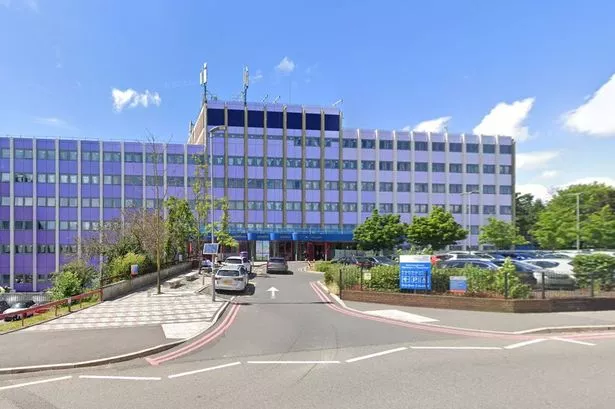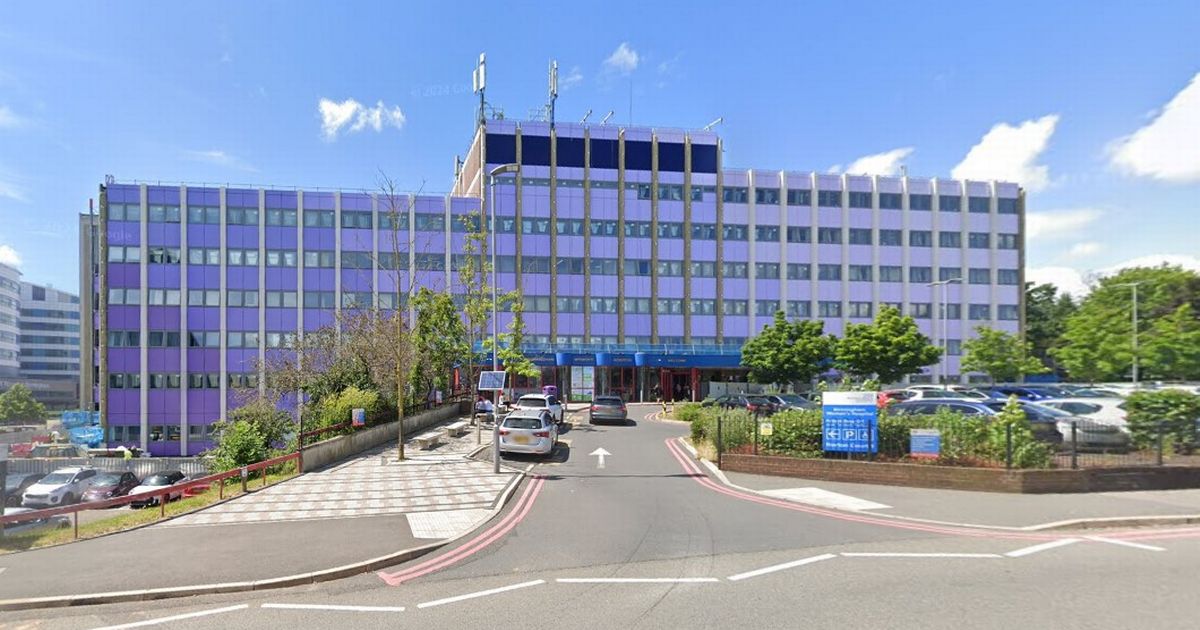Birmingham Women’s Hospital is taking part in a national study to detect genetic diseases Birmingham Women’s Hospital.
Birmingham Women’s Hospital.
Hundreds of women have stepped up to help a Birmingham hospital detect rare genetic diseases.
More than 1,200 mothers have donated blood from their baby’s umbilical cords to Birmingham Women’s Hospital as part of the national Generation Study.
The study is being run by Genomics England with NHS trusts across the UK and plans to test 100,000 newborn babies.
READ MORE: Midland doctor who almost lost unborn twins during Covid coma speaks of terror
It aims to identify treatable rare conditions in babies earlier to allow for discovery research into new diagnostic testing and treatments and is done through whole genome sequencing on cord blood samples collected after birth.
To date, more than 10,000 results have been returned to families nationally, with 43 suspected condition results including cancer predispositions, hematology and metabolic conditions.
Birmingham Women’s Hospital has recruited more than 1,500 women into the study.
Lucy Kidner, a Delivery Suit midwife, who extracted the 1,000th blood cord sample, said: “We are so proud to be leading the way when it comes to not only recruitment, but also in taking samples.
“We were the first to recruit 1,000 women into the study, and now we’re the first to take the equivalent amount of samples .
“Supporting the research team is such a great thing to be able to do on such an incredibly important study.”
Breaking news straight to your WhatsApp
BirminghamLive readers get the very latest breaking news through our WhatsApp community.
All you have to do is click this link and select ‘Join Chat’ and you are in.
We also treat our community members to special offers, promotions, and adverts from us and our partners. If you don’t like our community, you can check out any time you like by selecting ‘exit group’.
Phern Adams, Lead Research Midwife and Generation Study Project Manager said: “We’re incredibly proud to be involved in such a momentous study, and the amount of support we’ve seen colleagues and midwives has been brilliant.
“We’ve seen a lot of enthusiasm from new parents, women and families who are happy to take part in the study and are really eager to take part in such an important piece of research.”
As the largest standalone maternity unit in the country, Birmingham Women’s Hospital was one of the first wave launch sites.
Thousands of children are born every year in the UK with a rare but treatable genetic condition, and Genomics England have curated a list of over 200 rare diseases where early and effective treatment, and in some cases even cure, is currently available.
